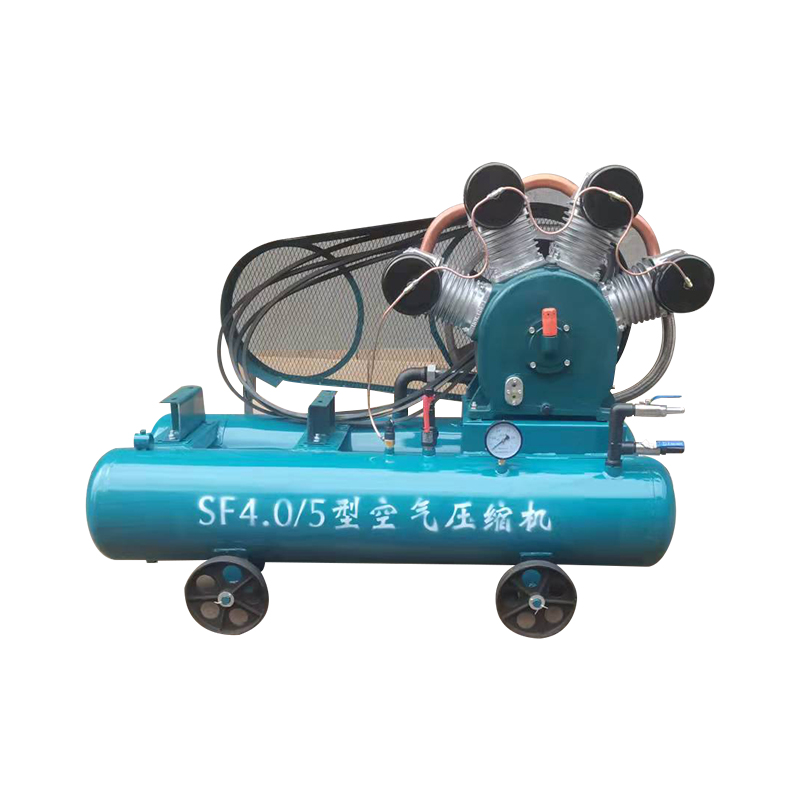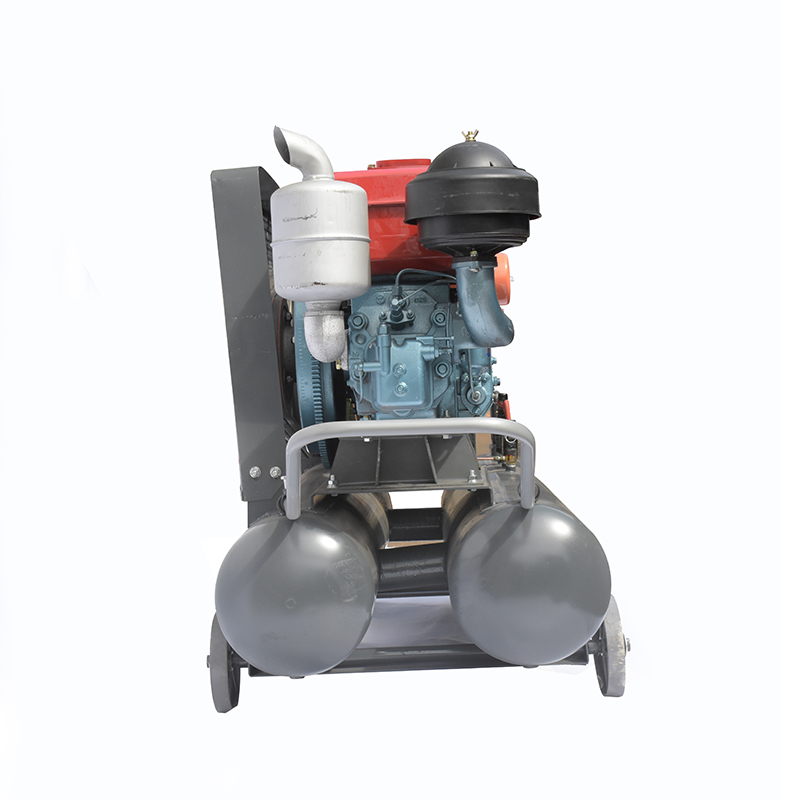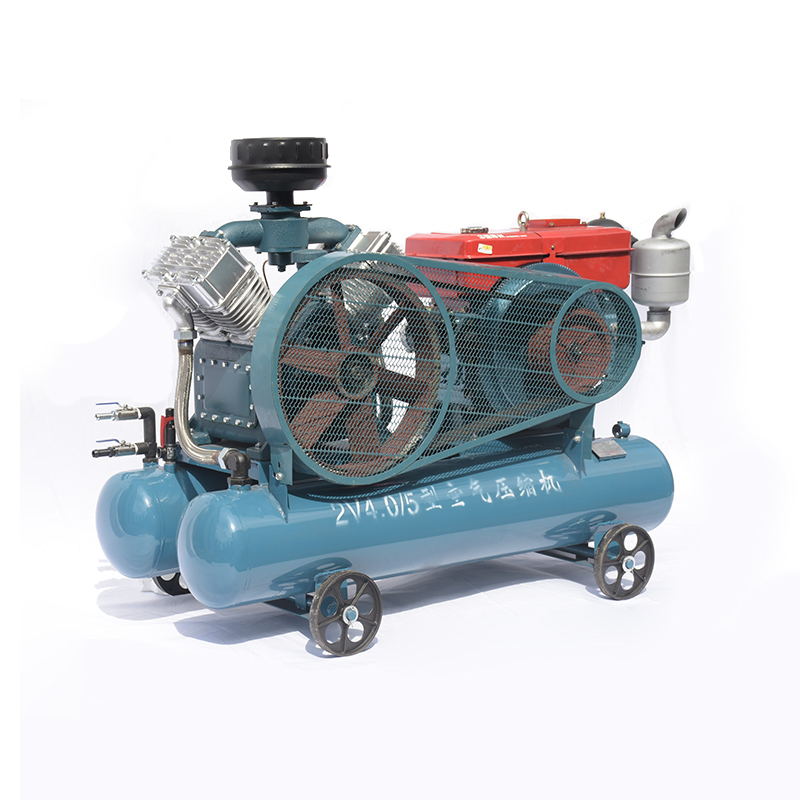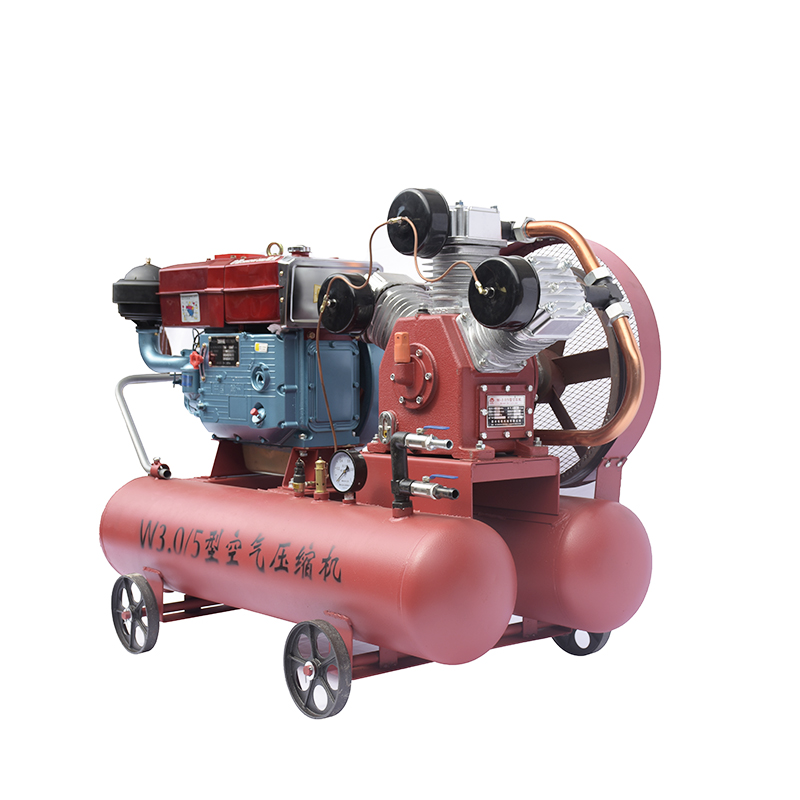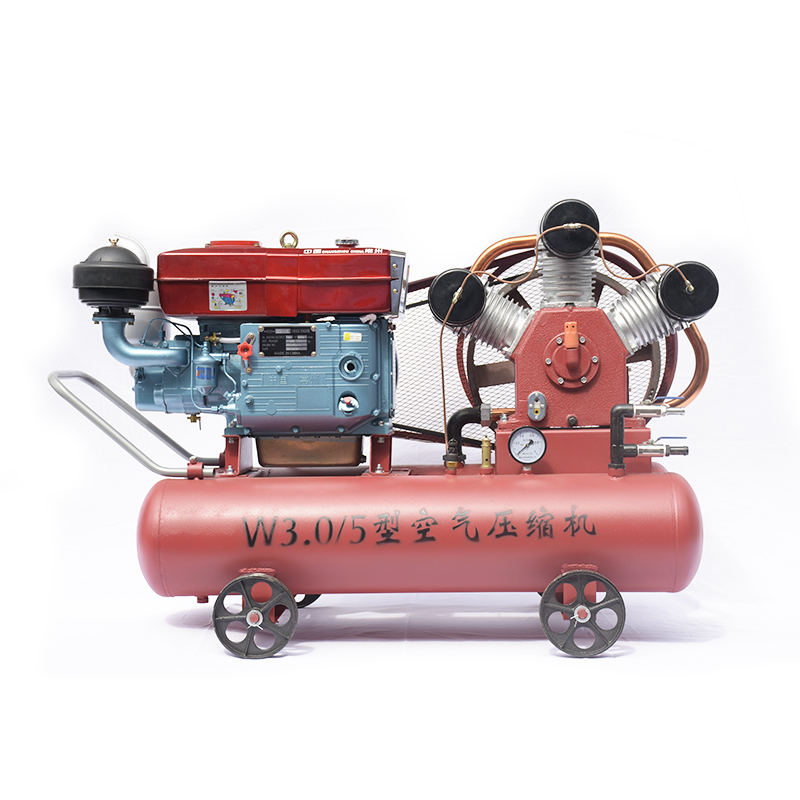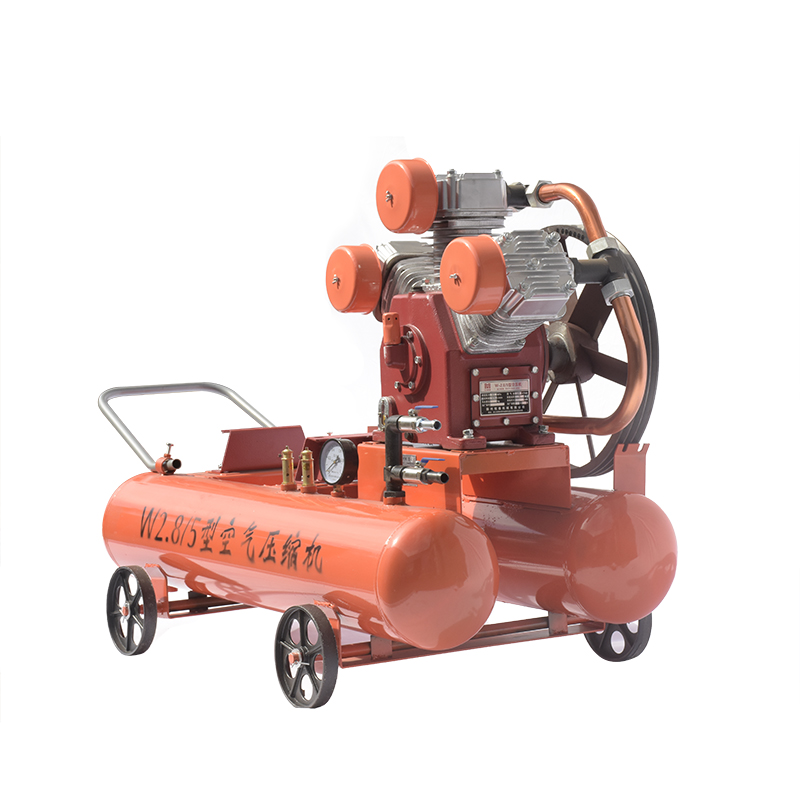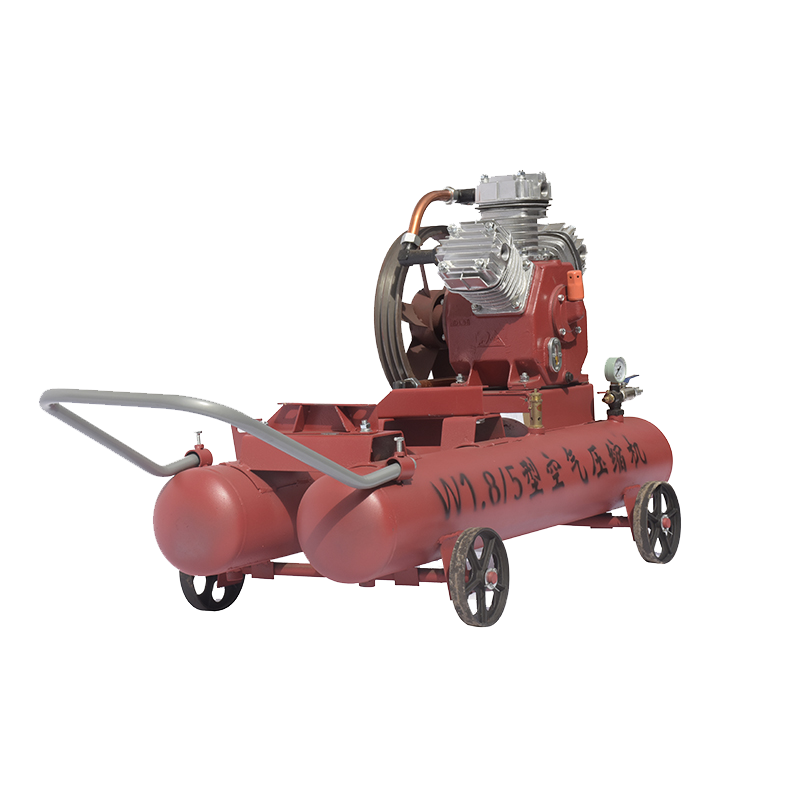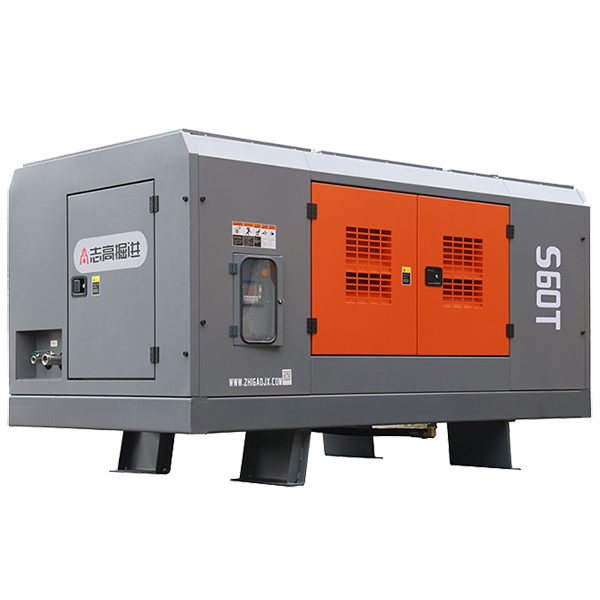Exploring Oil-Air Compressors – A Comprehensive Guide
Oil-air compressors are an innovative type of air compressor that taps into the power of oil for enhanced performance. By utilizing oil to lubricate the engine and other elements of the unit, unnecessary friction and heat build-up are reduced which helps significantly increase the lifespan and overall efficiency. Although they are most widely used for industrial purposes, like construction, autos, and manufacturing, oil-air compressors can greatly benefit any area of industry.
The mechanics behind an oil-air compressor can be broken down into three distinct parts: motor, compressor, and oil reservoir. Usually an electric motor serves as the motor power source, but gasoline and diesel-run models are also available. The most vital piece of the machinery is the compressor – an intricate system that takes in air and increases its pressure. Lastly, the oil reservoir stores the lubricant needed to keep the motor and compressor functioning properly, as well as acting as a cooling agent for those parts.
Oil-air compressors serve a multitude of functions and can be operated within both indoor and outdoor spaces. These machines are highly valued for their ability to run tools and machines using compressed air. Tire-inflation, automotive repair, and the operation of pneumatic devices are a few prominent uses for oil-air compressors. Not to mention, they help keep air-powered equipment in motion daily!
In comparison to traditional air compressors, oil-air models have much to offer. Not only are they more cost-efficient operations due to the prowess of the oil minimizing friction and heat, leading to a decrease in energy consumption, but they also boast prolonged life expectancy, while maintaining their silent function, suitable in any sound-sensitive situations.
Despite their advantages, oil-air compressors come with a hefty price tag and require significant maintenance and upkeep. In addition, the necessary repairs can be laborious, as these models often feature heavily welded parts that are tricky to access.
Acquiring a reliable oil-air compressor requires some discerning consideration. To ensure you get the most suitable apparatus for your purpose, begin by assessing the capacity of the appliance. The majority of such compressors quantify their effectiveness with horsepower and CFM. In other words, a bigger HP and CFM rating speaks to a more powerful unit. Additionally, think about the size of the device. Oil-air compressors, after all, range from conveniently portable versions to substantial stationary ones – hence making sure that your option accommodates your demands is essential.
When selecting a compressor, the oil type should be taken into account. Various options exist – each with their own pros and cons. Synthetic oil is widely believed to be the optimal choice, offering decreased friction and enhanced lubrication.
Ultimately, cost of the oil-air compressor needs to be taken into account. There is an array of options on the market, each differing in price depending on the type and quality. While more expensive models may have higher price tags, they are also likely to be more dependable and energy-saving in the long run.
Oil-air compressors are a great investment for many businesses and motor vehicles that need air compression. Their performance is almost unparalleled, as they are typically more energy-efficient than other compressor options and they can be quieter as well. Although these devices can be pricier than other alternatives, and also requiring additional maintenance, the advantages form choosing an oil-air compressor are clear. Before picking out the right device, buyers should assess the unit’s power output, size, oil type, and cost – then the return on investment will be both reliable and lasting.
Today, oil air compressors are one of the most widely-used types of compressors out there. Ranging from car repair shops to manufacturing and industrial businesses, many industries rely on oil air compressors for reliable and economically viable compressed air generation.
An oil air compressor is an efficient machine blessed with the minimal upkeep demand.Oil-powered compressors are the perfect partners for places without access to electricity, as they lend lubrication to its parts reducing the need for service or maintenance. This significantly differentiates them from electric compressors which do require regular servicing or tuning.
Cylinders filled with oil are employed to compress air in oil air compressors. To do so, a piston is employed to drive air into the cylinder, and the oil helps reduce the friction and heat generated from the pressure. It works to protect the compressor from harm caused by contaminants in the air and extends its life span by minimizing damage created by wear.
An electric motor-driven piston-powered compressor, most often referred to as a reciprocating air compressor, is widely used in both industrial and automotive setups. This form of compressor efficiently produces a great deal of air at a comparatively low price, making it one of the most popular models on the market.
Rotary screw compressors are the compressor of choice for many industrial applications. Unlike reciprocating compressors, these utilize two intermeshed rotating screws to compress air, making them more efficient. However, they come at a higher cost in comparison.
When it comes to air compressors, you have a variety of sizes and capacity options to select from. Fuel sources vary as well and include diesel, natural gas, and propane. Assess your requirements and select the fuel type that best suits your needs.
If you’re searching for a cost-effective, reliable source of compressed air, look no further than an oil air compressor! These machines are high-quality, needing barely any upkeep and able to work their wonders in areas with little electricity. They are an ideal option for anyone seeking an efficient solution to generating compressed air.
Post time: 2023-07-06


